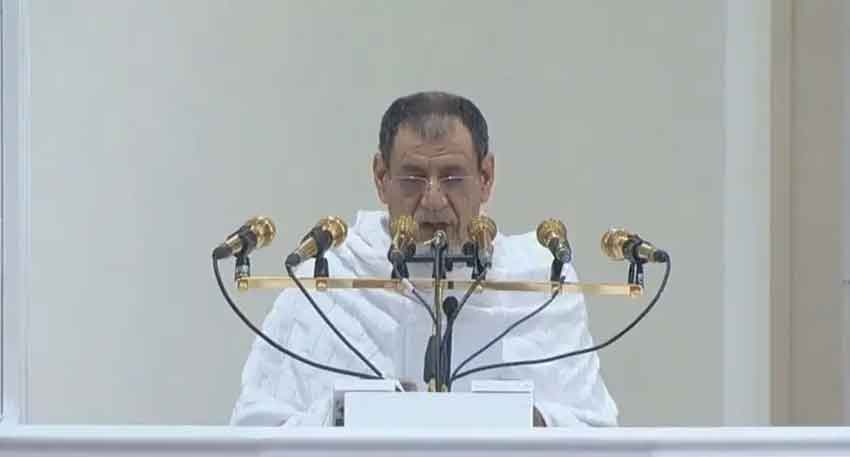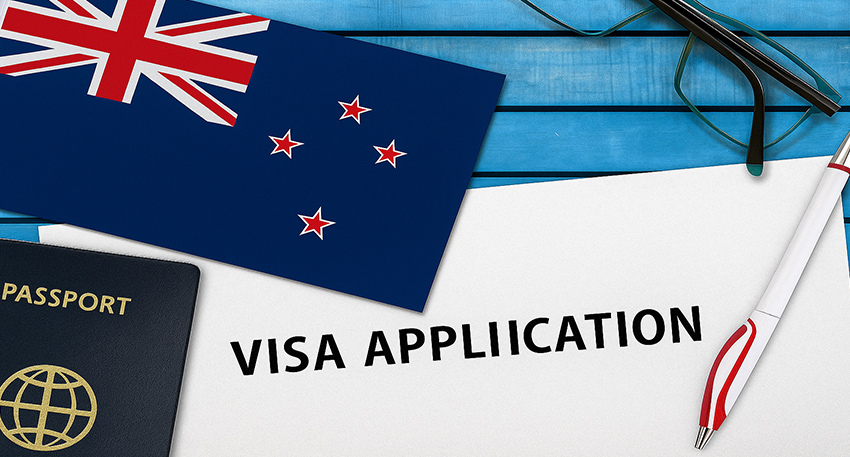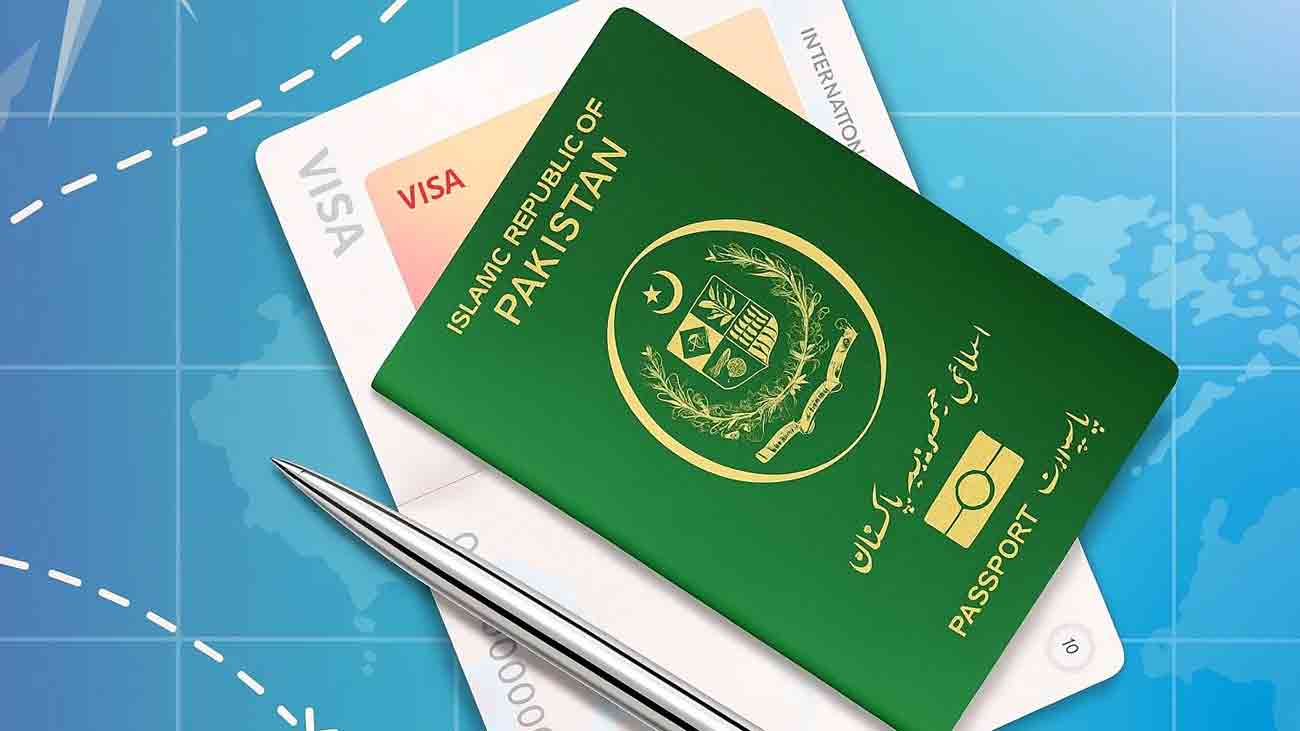
In his significant address, he emphasised the foundational principles of Islam, including faith, worship, ethical conduct, and social duties. He urged Muslims to live with taqwa (God-consciousness), patience, gratitude, and devotion to Allah.
He cautioned against religious innovations (bid’ah), backbiting (gheebah), and succumbing to satanic temptations. The sermon also highlighted the importance of compassion toward parents, orphans, the poor, and neighbors.
Dr. Humaid called for honesty, fulfillment of promises, and modesty, describing these as essential traits of a true believer.
He stressed that goodness and evil are not alike, and responding to harm with kindness can turn enemies into allies. He reiterated that the Prophet Muhammad (PBUH) was sent as a mercy to all of humanity and that belief in all prophets is a central tenet of Islam.
Dr. Humaid encouraged Muslims to turn to Allah with humility and prayer, noting that divine support is with the patient. He said that salvation and success—both in this life and the Hereafter—come through faith and taqwa.
Concluding his sermon, he offered a heartfelt supplication (dua):
“O Allah, guide our leaders, aid them against their enemies and Yours. Provide for the hungry, protect the vulnerable, and grant support to our brothers in Palestine. Bless us with patience, gratitude, and sincerity in worship.”
He also extended thanks to the Saudi government for its dedicated efforts in organizing and facilitating the pilgrimage.
Hajj, one of Islam’s five pillars, draws millions of Muslims worldwide for a once-in-a-lifetime spiritual journey. This year, 88,301 Pakistani pilgrims are performing Hajj under the government quota, while 27,012 have traveled through private operators. They have been transported to Mina from various residential areas in Makkah, including Aziziyah, Naseem, and Batha Quraish.
After donning the ihram and offering two units of prayer, pilgrims declared their intention for Hajj and departed for Mina. On the 9th of Dhul-Hijjah, they will gather at the plains of Arafat for Wuquf-e-Arafat, the pinnacle of the pilgrimage.
Following the Hajj sermon, pilgrims will offer combined Zuhr and Asr prayers and remain in Arafat until sunset. Without performing Maghrib there, they will travel to Muzdalifah, where they will combine Maghrib and Isha prayers and spend the night under the open sky. Pebbles for the ritual stoning will be collected during their stay.
On the 10th of Dhul-Hijjah, pilgrims will perform Ramy al-Jamarat by casting seven pebbles at the largest pillar, symbolizing the rejection of evil. This is followed by animal sacrifice, shaving of heads for men (halq), and hair trimming for women, marking the completion of the state of ihram.




